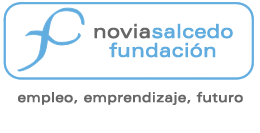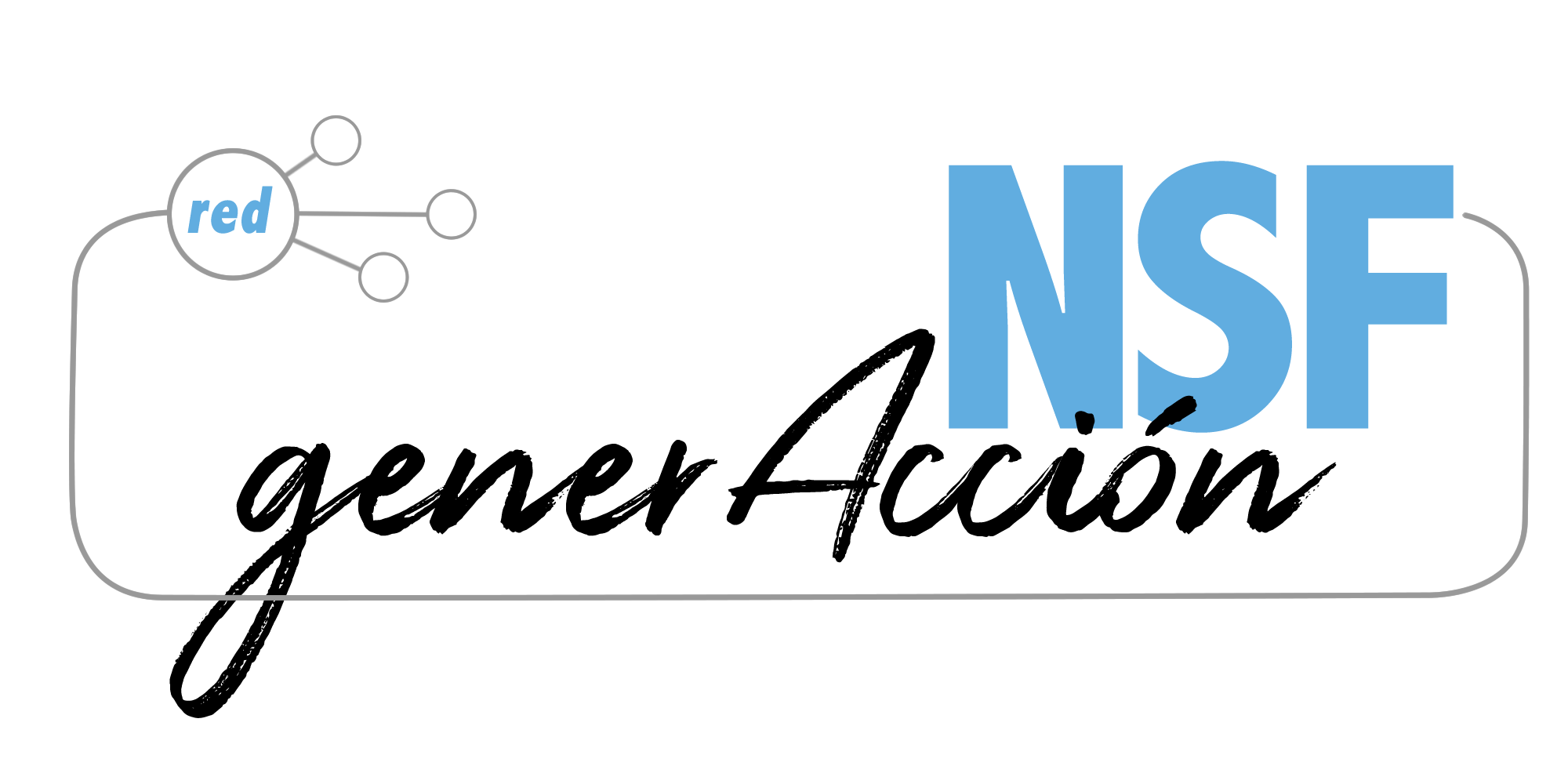(An article by Kelly Ng published in Asia Pacific Future Government Magazine, 20 July 2010)
Virtual worlds such as Second Life and Facebook are engaging and motivating students as never before. There are, however, risks beyond the teachers’ control that students could access undesirable content or interact with anonymous users.
“We need clarity – authoritative clarity – on these issues immediately,” said Aaron Walsh (pictured), Director, Immersive Education Initiative, a global non-profit collaboration of 3000 educators from universities, colleges, research institutes and solution providers.
“Educators are uncertain as to the extent to which they and their schools are legally liable when bringing students into Second Life where they may be exposed to individuals and content that may be considered inappropriate in an educational environment,” he continued.
Cedar Girls’ Secondary School in Singapore has used Facebook for teaching. “Teachers have to find the right balance between using social networks as tools for collaborative work and managing distractions on these platforms. Students need to self regulate and learn to act responsibly online,” said Subject Head (ICT) James Foo. “We found Wiki to be a more controlled environment for collaborative learning because the technology allows us to authorise known users.”
The University of Nottingham has had an island within Second Life since 2008 and learning activities are encouraged in such environments. Professor Stephen Doughty, Vice-Provost for Teaching and Learning at the Malaysia Campus has found virtual experiments set in a Second Life laboratory to be extremely useful and effective.
“Clearly, there are risks with students being exposed to an environment where other non-university participants can interact and there were times I was not sure whether I was dealing with a student or an outsider, and that was also a challenge. But on the whole, the benefits far outweigh the risks,” commented Professor Doughty. On Second Life, his students could interact with equipment and obtain experimental results that would not be feasible due to real life constraints.
Walsh and his team have issued a call for expert legal opinions on matters related to teaching in Second Life. Another issue which was high on educators’ priority is their intellectual property rights on content created in the online world.
“These are significant and far-reaching concerns that require the coordinated efforts of the international legal community to address. Until we are in a position to issue authoritative guidelines that are informed by the international legal community we recommend that educators stop building and teaching in Second Life. In cases where teaching in Second Life must continue we recommend that schools first obtain signed legal release forms from their students and the parents of those students,” concluded Walsh.









